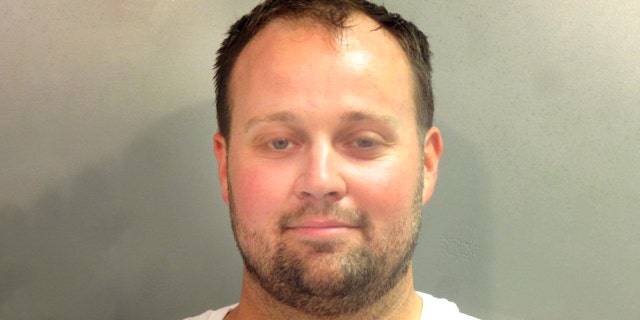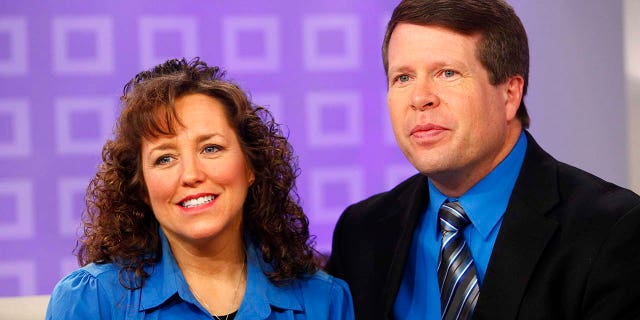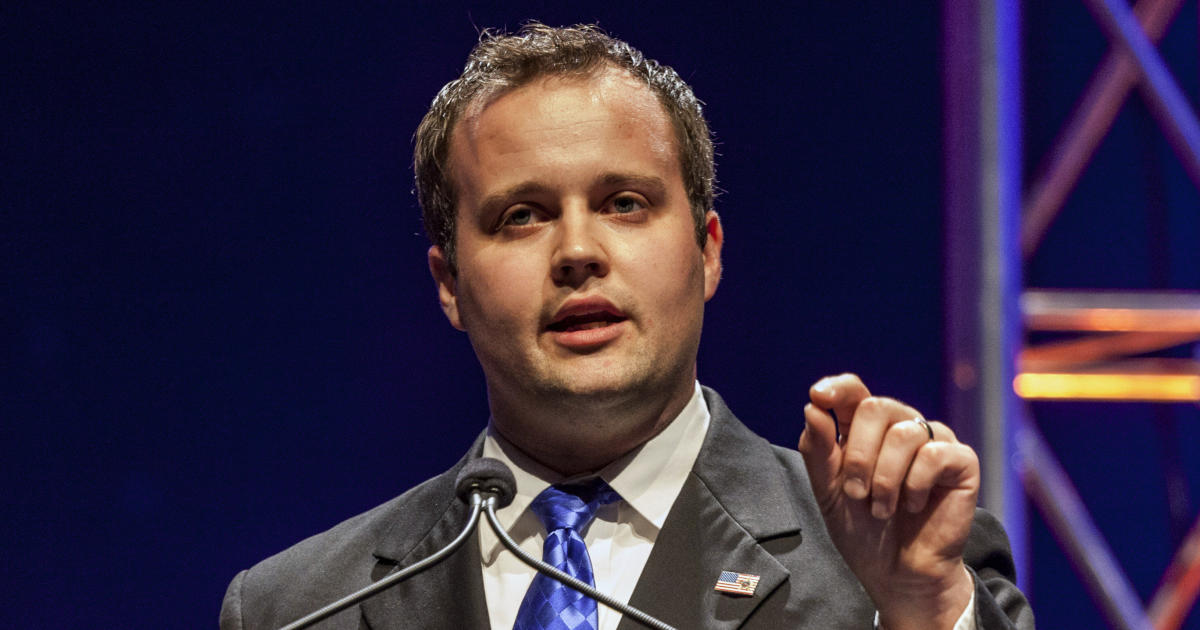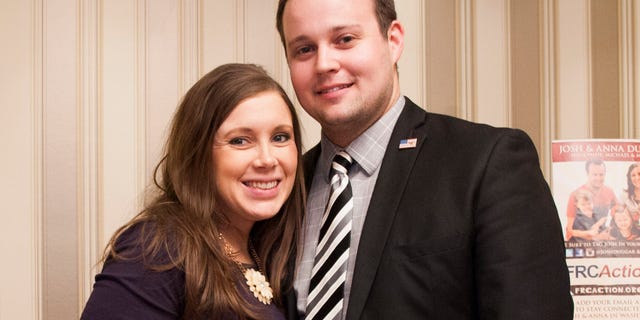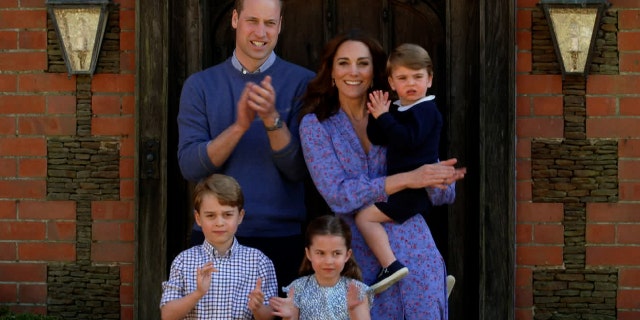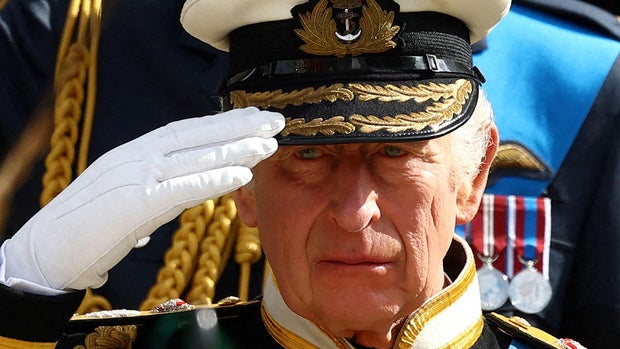Guy Fieri's 1968 Camaro is conspicuously absent from the lineup of vintage wheels abutting his Windsor, California, ranch in Sonoma Valley wine country.
The cherry-red convertible seen in 400-plus episodes of the star chef and car collector's culinary travelogue Diners, Drive-Ins and Dives is en route from points east, where production resumed this past winter, but the platinum blond is spending a few days at home between shoots. Like most people, Fieri is taking baby steps in the return to normalcy — though his pre-pandemic status quo meant supplying Food Network with a dizzying 80 annual hours of original programming. Fieri was among the first to film remotely in 2020, appearing on air within a week of nationwide lockdown orders, so he naturally was back on the road as soon as he was allowed.
"Here's my research for Hawaii; we're getting ready to go shoot there next," says Fieri, sliding a spiral-bound agenda of eateries across the table that separates us. Some businesses anointed by his Midas touch have seen sales climb fivefold after Fieri scarfs their creations on TV, a stat that carries new significance for the host given the calamitous effect of the downturn on the restaurant business. "Then I'm trying to finally put Puerto Rico together," he adds, grabbing another binder. "They need some love."
This March afternoon at Fieri's home isn't unlike catching up with a busy friend who just happens to have an Emmy statuette and a few bottles of the tequila brand he owns with Sammy Hagar on the kitchen island. One of three wine country properties Fieri keeps in his native Northern California, this has been where he, Lori, his wife of 26 years, and sons Hunter and Ryder have spent most of the past year with their three dogs. The smallest, a Chihuahua named Smokey, is Fieri's favorite — as the handmade "Enter slowly please; small dog" sign at the end of his long driveway suggests.
Where Fieri, a volcano of enthusiasm on camera, subverts expectation is in his almost subdued hospitality. Not a nacho, battered chicken thigh or jalapeno popper in sight, the man synonymous with on-camera caloric intake instead pulls me a double shot of espresso. "I got really good at this over the last year," he says, nodding to the coffee machine.
Fieri sharpened this skill while also in the past year raising more than $25 million for food workers left unemployed by COVID-19 closures. He is now devoting most of his energy and, under a landmark new TV deal, his creative output into rebuilding the industry that once poked fun at his unrefined aesthetic and bacon-bedazzled menus. These days, it's hard to not take Fieri seriously. As he plans to beat the drum for restaurant relief even louder — and as those hardest hit by America's selective recession start to fall out of the news cycle — the goateed gastronomist's sense of purpose may be the thing to finally eclipse his brash persona.
"Nothing can replace what this kind of recognition, appearing on TV, can do for these people and their businesses … for their lives," he says, taking a sip of coffee. "I need to keep doing this because it just needs to be done."
***
Thirteen months ago, as the pandemic began and the country's collective anxiety skyrocketed, Fieri was not scared or nervous. He was too angry. "I don't get pissed or lose my shit," he explains. "But I was pissed."
Restaurants were closed from coast to coast, and, by Fieri's estimation, most — the types of mom-and-pop places featured on Diners, Drive-Ins and Dives — maybe had a 10-day runway before the money dried up. It was mid-March 2020, and he was on his elliptical machine — Fieri comes up with a lot of his ideas during cardio — when he decided to ask his business manager for contact info for CEOs of major corporations. He drafted personal emails to power brokers like Amazon founder Jeff Bezos, soliciting donations for an emergency relief fund that would ultimately award more than 43,000 grants — of $500 each — to out-of-work line cooks, servers and other restaurant professionals.
Today, in a crisp black button-down, Fieri opines on the crisis with an undiminished passion. "I'm not into shaming people and telling who didn't donate, that's not my style," Fieri says, as he credits getting huge sums of money from PepsiCo, Uber Eats and Procter & Gamble before taking a pause. "Jeff, by the way, didn't help us," he shares.
"There is no better salesman than Guy," says Food Network president Courtney White, whose most bankable talent has fronted 14 series on her network. "There's a power to his enthusiasm. It gets people to rally around his vision, whether it's a pitch for a show or in raising all that money."
While he was hitting up Fortune 500 companies for donations, Fieri sold White on making the Discovery-owned network's first feature-length documentary, Restaurant Hustle 2020: All on the Line. Co-directed by Fieri, the doc follows four chefs trying to stay in business at the height of the pandemic. It premiered in December, and a follow-up is in the works for this summer. Fieri also pivoted the recent season of Food Network's chef-competition show Tournament of Champions — his first project back in a studio after shooting at-home versions of Diners, Drive-Ins and Dives and Guy's Grocery Games — to redirect all its prize money (more than $210,000) to struggling restaurateurs.
His philanthropy long has been known in Sonoma County, where he's fed frontline workers and displaced neighbors impacted by area wildfires. But this latest crisis is playing out on a much larger stage and finds Fieri, who turned 53 in January, moving into the type of elder statesman role previously reserved for white-tablecloth ambassadors like José Andrés and Tom Colicchio.
Tally the long line of show credits and the millions in contributions, and it becomes challenging to reconcile the Fieri of 2021 — emergent folk hero — with the Fieri who first materialized on American TV in April 2006, newly crowned winner of a nascent reality competition (The Next Food Network Star). In that first year, he went from anonymous restaurateur to making less than $1,000 an episode on his first cooking show (Guy's Big Bite) to launching the career-defining Diners, Drive-Ins and Dives.
"We built a five-year plan for him, and he blew through it in, like, three," says longtime agent Jason Hodes, partner at WME, whose colleagues used to tell him to "hug the rocket" as Fieri accumulated series and licensing deals. "He's a true household name, just one that people can't seem to pronounce correctly."
Despite opening most every show with a familiar "Hi, I'm Guy Fieri," swapping out the "r" in his last name for an Italian flourish that sounds more like "Fiedi," his preferred pronunciation eludes most of his huge audience. An average 73 million viewers, per Food Network, watch at least one piece of Fieri programming quarterly. And while he hasn't worked full-time in a kitchen for two decades, he's involved with more than 85 restaurants globally and recently partnered with Planet Hollywood CEO Robert Earl on an ambitious delivery-only concept, Flavortown Kitchen. If you live in a major U.S. city, chances are you can have a Fieri-sanctioned Bacon Mac N Cheese Burger delivered in the same time it takes to watch an episode of Guy's Ranch Kitchen.
Fieri has been working in close proximity to food since he was 10, first as a dishwasher growing up in the hamlet of Ferndale on the coast of Northern California. After getting a degree in hospitality management at the University of Nevada, Las Vegas, he moved to Southern California, at one point becoming a district manager of Louise's Trattoria. By 1996, Fieri was a newlywed and a recent transplant to Santa Rosa, where he opened the first place of his own, Johnny Garlic's. Two more followed, as did the barbecue-sushi fusion temple Tex Wasabi's. This is where the flavor profile commonly associated with Fieri — wild and indulgent — started to emerge.
Chef Alex Guarnaschelli, the restaurateur behind Manhattan mainstay Butter, became friends with Fieri on the set of the Food Network competition show Rachael vs. Guy. Like many in his orbit, she struggles to define the ineffable Fieri-ness that keeps people watching and eating. She tries comparing him to an altruistic Jay Gatsby and a unicorn before changing course. "A lot of people suck the air out of the room," says Guarnaschelli. "Guy is the opposite. Guy is a human air conditioner for good feelings. Being around him makes you more confident in yourself."
Fieri's 24-year-old son, Hunter, has an easier explanation for his success. "That dude just has more energy than anybody I've ever met," says Hunter, his father's de facto co-star since the start of the pandemic. "It is amazing and scary at the same time."
Through that mix of likability and restlessness, Fieri has reached a rare summit. Ignoring Oprah Winfrey, he's the closest thing to a flagship human currently on TV. He'll anchor at least four primetime shows on Food Network this year, with at least three others — some starring vehicles, others just productions of his Knuckle Sandwich shingle — in development. In January, he became the face of digital platform Discovery+, home to his entire library. And despite overtures from one broadcast network and several aggressive streamers, Fieri recently signed a new deal to stay put at Food Network through at least 2024.
"We've been offered and enticed, and, yes, there's probably a way to do this in some different levels, but I'm treated pretty well," notes Fieri, who says his allegiances lie with a handful of programming executives, not any parent company. "I got a chance of a lifetime, and I think I played it good."
One particularly savvy Fieri play involves his commute. Eight years ago, around the time he was being courted for a potential Supermarket Sweep reboot off-network, Knuckle Sandwich was developing what would eventually become Guy's Grocery Games — a frenetic cook-off set in on supermarket soundstage called Flavortown Market. Then-Food Network executive Allison Page was interested, but she wanted Fieri as the host. Reluctantly, Fieri conceded to film just 12 episodes in Los Angeles. When that first season was a hit, Fieri only agreed to move forward on the condition production moved closer to home. So, Food Network bankrolled a fully functioning grocery market-slash-set constructed in a 15,500-square-foot Santa Rosa warehouse. By Fieri's design, every item in Flavortown Market is real and edible, which allows him to donate $350,000 in unused food to the nearby Redwood Gospel Mission every year. Much of the 150-person crew returned after a year-long absence in April, and the show — now Fieri's most popular— will soon hit 275 episodes.
As for his three-year deal, which sources paint in the high eight figures, it's said to be the biggest talent deal of its kind for Discovery Inc. (The company declined to comment on any deal points.) Still, it's hard to place a price tag when the fate of a brand like Food Network seems so inexorably tied to the man it put in front of the camera, with zero expectations, 15 years ago. "I just can't imagine Food Network without Guy," says White. "I can't even bring myself to try to imagine it."
***
Everybody I speak with about Fieri has a story of witnessing the scope of his popularity in public. People apparently are not shy around someone whose conspicuous mug is available on TV nearly every day. And as the man himself prepares for a slew of weeks on the road with Diners, Drive-Ins and Dives, in a reopening world, Fieri will gladly indulge their attention once again. He does, however, have a request.
"Don't call me 'that food critic,' " says Fieri, bristling. "I highlight. I recognize. I do not critique. If I don't like the food, you won't see it on my shows. Who wants to watch something called It Sucks: Don't Come to This Fucking Place?"
Criticism is understandably a touchy subject for Fieri. Objections to his swagger and flamboyant food ethos are perhaps best distilled in the infamous 2012 New York Times ravaging of his since-shuttered Times Square bistro, Guy's American Kitchen & Bar. The pan, which went viral with low blow after low blow, probably wouldn't be written today — and not just because the newspaper reconsidered its approach to reviews once restaurants started closing en masse. Perception of Fieri has changed, and schadenfreude no longer is in fashion.
"Zero-star review or not, Guy's making an undeniable contribution to the restaurant industry in a way that is so desperately needed," says Guarnaschelli. "I think people now look at him as a restaurant person and not just the guy who's always on TV who happens to have some restaurants."
Evidence for that shift can be seen in the lineup of recent visitors to the Fieri portfolio. Such culinary elites as Marcus Samuelsson, Nancy Silverton and Michael Voltaggio are game to pal around with the anointed "Mayor of Flavortown" on his multiple series as he continues to remind audiences — and anyone who'll listen to him — that there's still no clear path back to normal for the hobbled restaurant community. It's a message that he hopes is louder than his frosted tips.
"You can easily be misinterpreted when you have platinum blond hair and tattoos," says Fieri, making eyes at Smokey the Chihuahua. "But I'm not for everybody. I don't know if anybody is."
What Fieri doesn't appear to realize is that he's come closer than most.
A version of this story first appeared in the April 28 issue of The Hollywood Reporter magazine. Click here to subscribe.
Let's block ads! (Why?)
Article From & Read More ( Guy Fieri, Fired Up: The Food Network King, With a Massive New Deal, Pushes for More Restaurant Relief - Hollywood Reporter )
https://ift.tt/3nxuwSk
Entertainment
